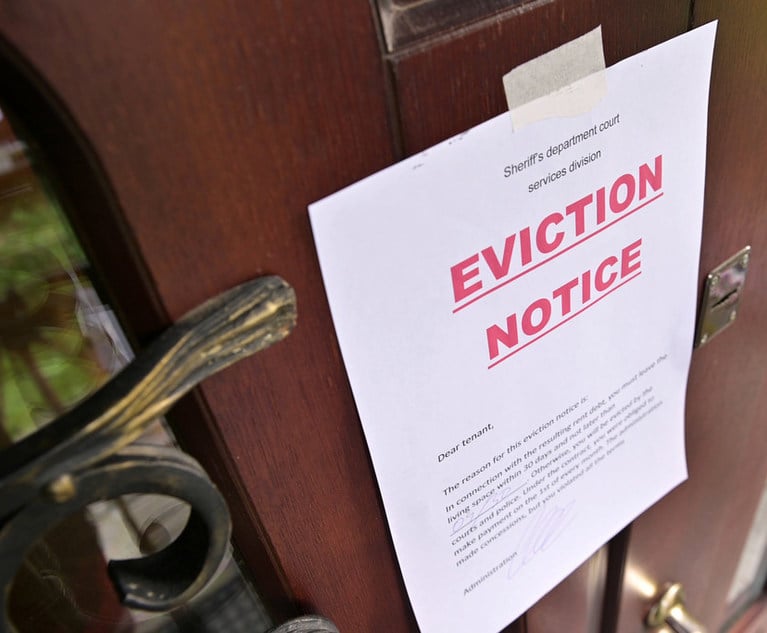Section 227-c of the Real Property Law (RPL), which was enacted in 2007, authorizes victims of domestic violence for whose benefit an order of protection has been issued by a court of competent jurisdiction, to terminate a lease or rental agreement covering premises occupied for dwelling purposes and to be released from liability thereunder. Many such victims, however, who are often unrepresented by counsel, are likely unaware of the protections offered by this statute.
In a recent decision issued by Judge Thomas Marcelle of the Albany County City Court, Riverwalk on the Hudson v. Culliton, Case No. LT-394-18/CO (Nov. 7, 2018), the court was presented with just such a situation where a domestic abuse victim who had obtained an order of protection was unaware of the protections offered by RPL 227-c. As such, when the landlord sought a money judgment against her (as tenant with her husband) for rent arrears, the court could not rely on that Section to absolve the tenant of liability. The court, however, found that RPL 227-c did not abrogate the common law doctrine of unconscionability, and found that it would be unconscionable to enforce the lease against the domestic abuse victim tenant.


 Warren A. Estis and Michael E. Feinstein
Warren A. Estis and Michael E. Feinstein




